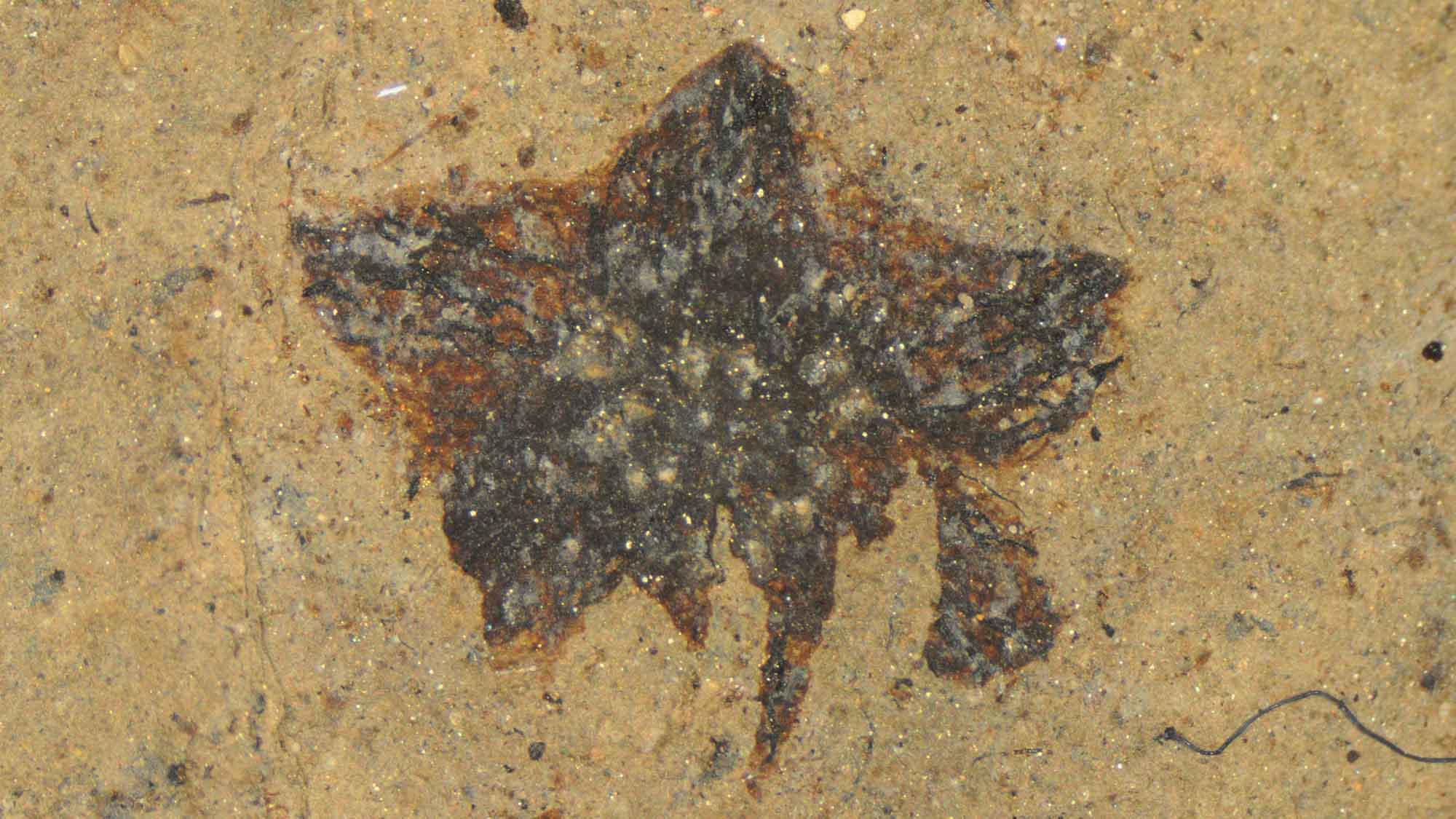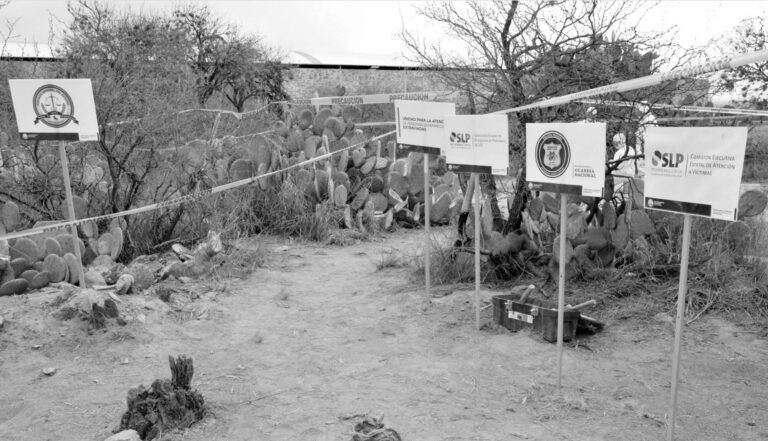Scientists in Germany are optimistic about finding out more about ancient ecosystems after discovering pollen in a fossilised beetle that lived around 50 million years ago.
The insect has been unearthed at the Messel Pit, a scientific excavation site in the central German state of Hesse.
It inhabited the area 47,5 million years ago, according to a statement by the Frankfurt-based Senckenberg Society for Natural Research.
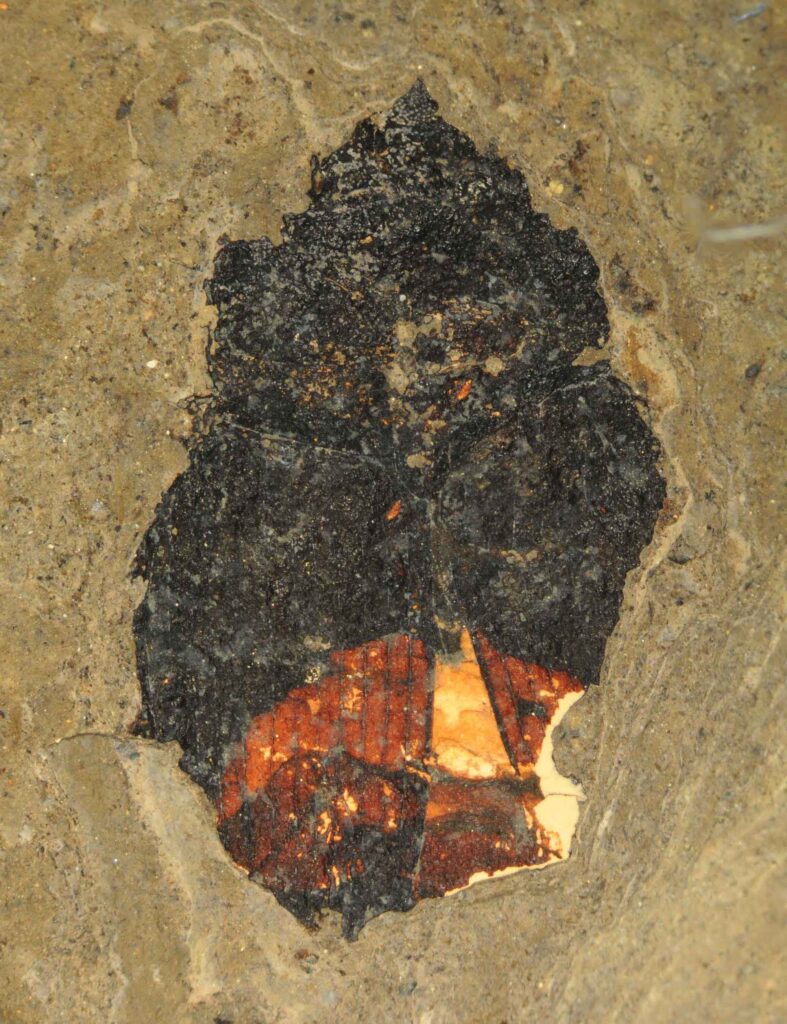
Dr Sonja Wedmann is in charge of the research project at Messel Pit.
She praised the discovery as a “sensation.”
Wedmann – who heads the Senckenberg Society’s Palaeoentomology department – explained: “We have been able to carefully extract samples of the bright yellow pollen from the bug’s gut.
“I’m optimistic that our current cooperation with Vienna University will result in a conclusive analysis of the particles.”
Wedmann underlined that managing to find out more about what exactly the beetle had been feeding on would be a “sensational” step forward.
Wedmann said: “Being able to determine the insect’s diet would offer a unique insight into a long-gone ecosystem.”
Prof Dr Dieter Uhl added: “Our latest discoveries of blossoms and pollen will help us find out more about the flora in the Eocene epoch. This is a fantastic outlook.”
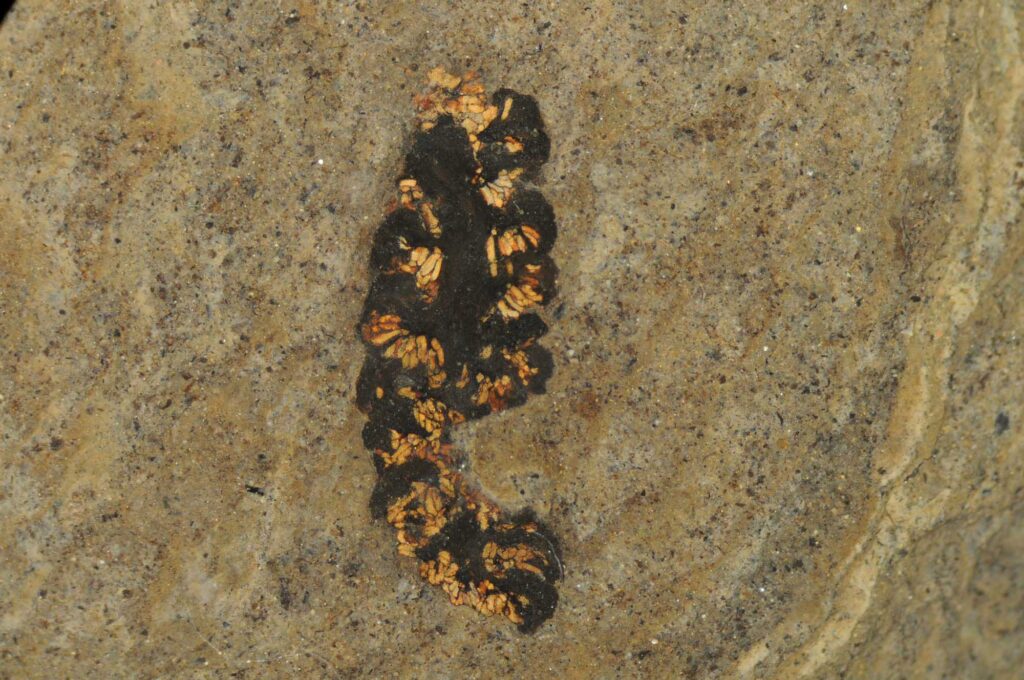
More than 1,100 fossils have been secured at the Messel Pit since the start of scientific excavation around 50 years ago.
The site is located around 10 kilometres (six miles) northeast of Darmstadt.
The disused oil shale quarry was declared a UNESCO World Heritage Site in 1995.
The Eocene is a geological epoch that lasted from about 56 to 33.9 million years ago.
Its name derives from the Ancient Greek terms for ‘new’ and ‘dawn’ and refers to the fauna that first appeared during the epoch.
The Senckenberg Society for Natural Research was founded in Frankfurt in 1817. It is part of the Leibniz Society.
The organisation has carried out research at the Messel Pit since 1975.
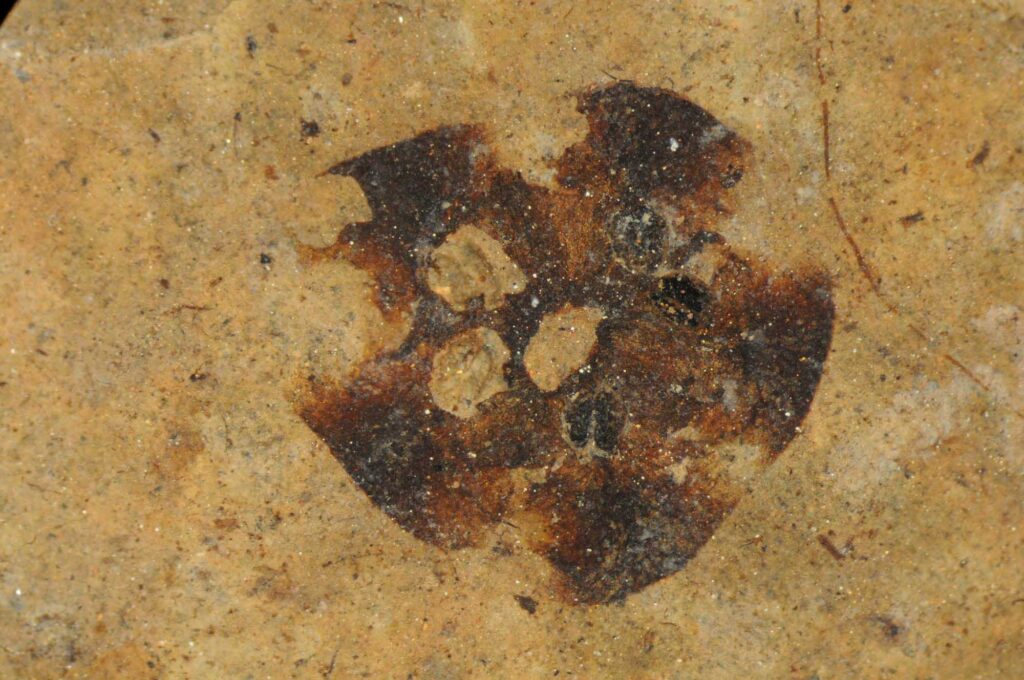
To find out more about the author, editor or agency that supplied this story – please click below.
Story By: Thomas Hochwarter, Sub-Editor: Marija Stojkoska, Agency: Newsflash
The Ananova page is created by and dedicated to professional, independent freelance journalists. It is a place for us to showcase our work. When our news is sold to our media partners, we will include the link here.

